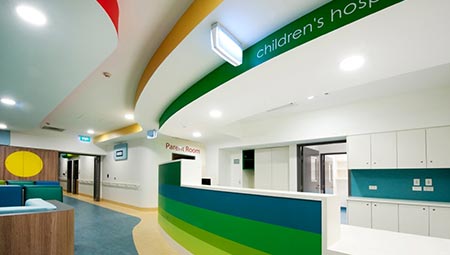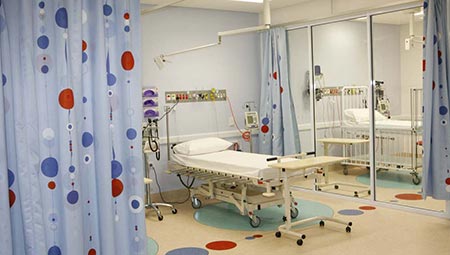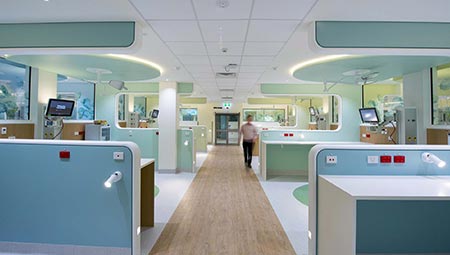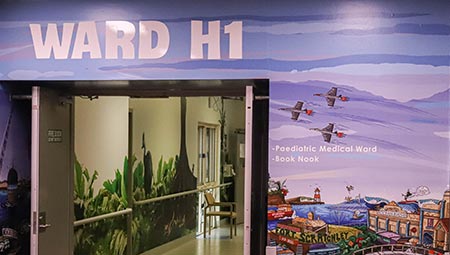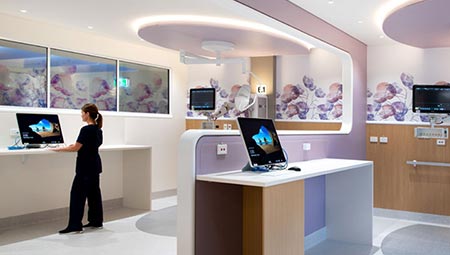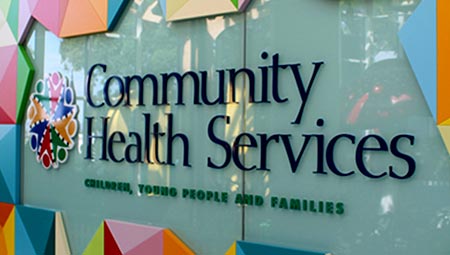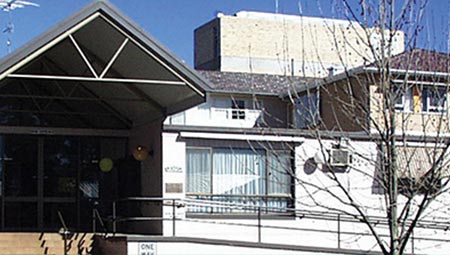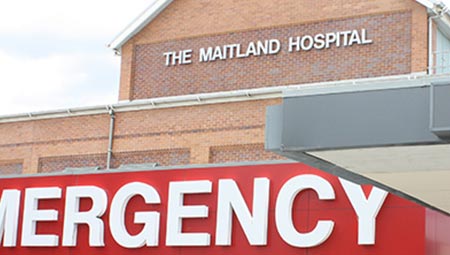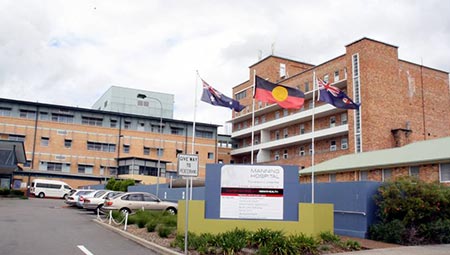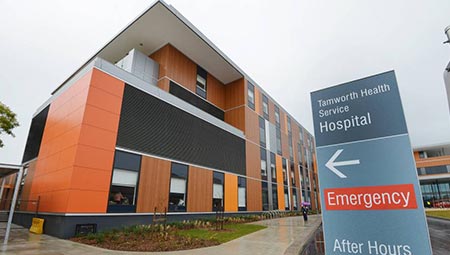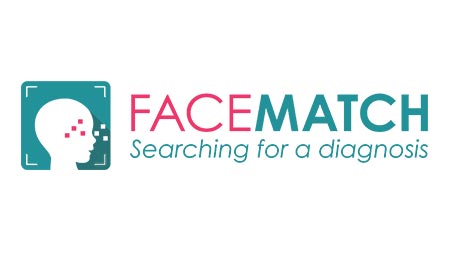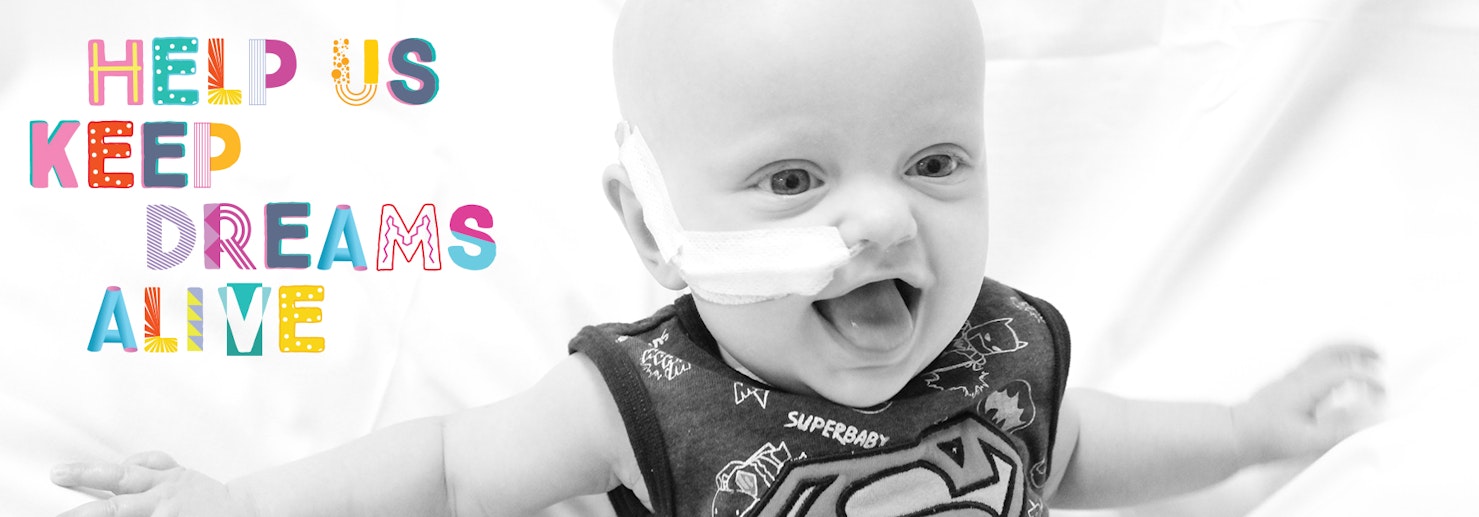
HNEkidshealth
Keeping Dreams Alive
Help us keep the dreams of children and young people from across our vast community alive by investing in life-changing and life-saving equipment, resources and technology and by providing the best possible experience whilst in our care.
Every dollar raised or donated to HNEkidshealth brings us closer to being able to fund another piece of equipment or starting another refurbishment project such as a patient or treatment room space so that children and young people feel at home when away from home.
John Hunter Children’s Hospital
The John Hunter Children’s Hospital is a specialised tertiary referral paediatric hospital in Newcastle, providing complex medical, surgical, major trauma and neonatal care services for Northern NSW.
JHCH Oncology and Haematology Service
The Oncology and Haematology Day Unit is a six-bed unit, including an isolation room and a treatment room and a treatment room which has the capacity to perform intrathecal chemotherapy and bone marrow aspirates.
NICU
The Neonatal Intensive Care Unit (NICU) at the John Hunter Children’s Hospital provides highly specialised, family- centred care for sick and premature newborns.
H1 – Children’s Medical Ward
H1 is the Children’s Medical Ward, with 24 beds the ward treats children and young people for a variety of medical conditions and is quite often one of the busiest wards within the children’s hospital.
PICU
The PICU provides state-of-the-art intensive care services to critically ill children and young people across Northern NSW. The Paediatric Intensive Care Unit is a dedicated eight-bed unit, staffed by specially trained paediatric intensivist care doctors, nursing and allied health staff.
Community Health Services
Services provided to children, young people and families exist at community health centres throughout Hunter New England Local Health District. The range of primary care health options means that families can often receive assistance outside a hospital environment and close to home.
Armidale Hospital
Armidale Rural Referral Hospital is a 99 bed rural referral hospital within the Hunter New England Local Health District
The Paediatric Unit has 8 beds with over 700 admissions per year. Outreach clinics are provided locally from John Hunter Children's Hospital and Sydney Children's Hospital for Oncology, Diabetes and Respiratory. The Hospital provides a Level 4 child protection and sexual assault service. One of the local Paediatricians provides outreach clinics in Glen Innes, Inverell and Moree as well as at the local Narwan Aboriginal Centre.
Maitland Hospital
Maitland Hospital is a major regional paediatric centre, providing inpatient and outpatient services to the Upper and Lower Hunter Region. Each year the 16 bed children’s ward admits around 1700 patients. The Special Care Nursery supports maternity units in the Upper and Lower Hunter, as well as supporting the Neonatal Intensive Care Unit at John Hunter Children's Hospital as a Level 2 service. The Special Care Nursery admits approximately 180-200 babies per year
Manning Hospital
Manning Hospital (Taree) provides a broad range of specialist services to the residents of Greater Taree, Great Lakes and Gloucester Local council areas.
The hospital has specialist wards/units for Surgery, Day Surgery, General Medicine, Critical Care, Obstetrics, Paediatrics, Emergency Services, Oncology, Palliative Care, Rehabilitation, High Dependency Nursing and Mental Health.
Tamworth Hospital
Tamworth Hospital provides a broad range of specialist services to the residents and visitors of the New England and Upper Hunter.
The Paediatric Unit has 18 beds with over 2600 admissions per year accommodating babies, toddlers, children and adolescents up to age 18 who are still attending school. The unit provides paediatric medical and surgical services.
FaceMatch
FaceMatch is an international research project which uses computer vision to match the faces of children with syndromic ID who remain undiagnosed despite advanced genetic sequencing. Comparing the DNA sequencing data from two or a cluster of individuals with similar facila features can facilitate the discovery of novel ID genes.

